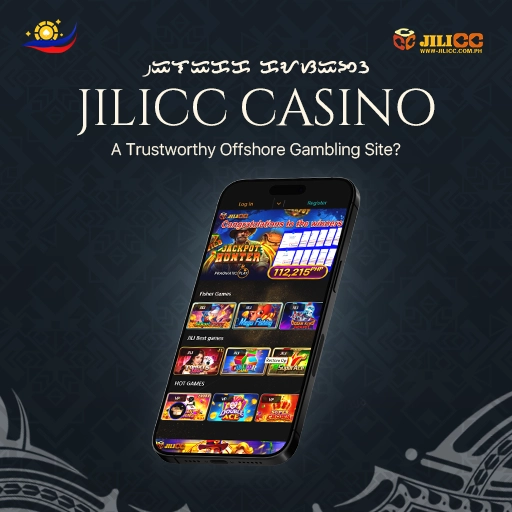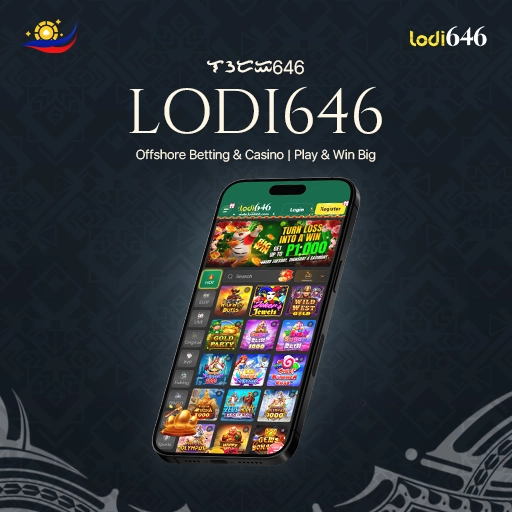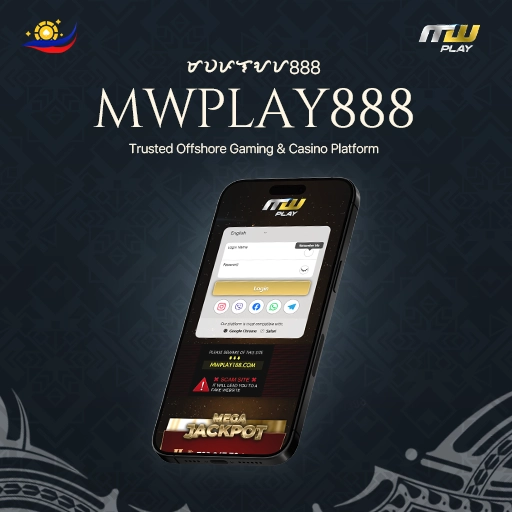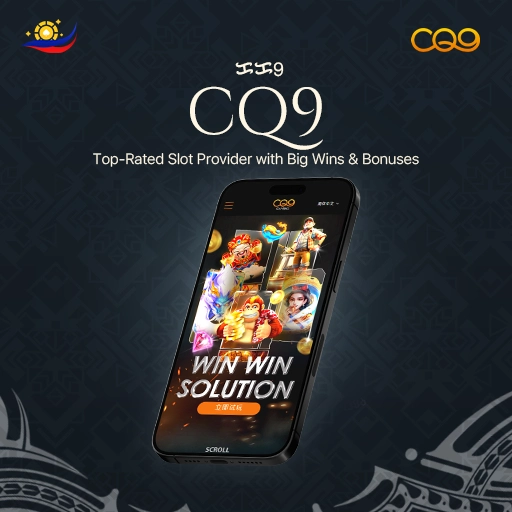The online casino industry has experienced rapid growth, attracting millions of players worldwide. However, concerns over fairness, transparency, and security remain major issues. To address these concerns, fair play certification has become a crucial aspect of online gambling. This certification ensures that casino games operate fairly, are not rigged, and provide players with an equal chance of winning. In this article, we will explore what fair play certification is, why it matters, and how players can identify trustworthy online casinos.
What Is Fair Play Certification?
Fair play certification is a formal process through which independent testing agencies evaluate online casinos to ensure their games are fair, random, and free from manipulation. This certification confirms that a casino’s gaming software follows strict standards, offering players a safe and reliable gaming experience. Certification is granted only after rigorous testing of the casino’s games, random number generators (RNGs), and payout percentages.
Importance of Fair Play Certification
Fair play certification plays a vital role in maintaining the integrity of online casinos. Here are some key reasons why it is important:
1. Ensuring Game Integrity and Randomness
Certified online casinos use RNGs to determine game outcomes. These algorithms are tested to ensure they generate completely random and unbiased results, preventing manipulation by either the casino or the players.
2. Protecting Players from Fraud
Without fair play certification, online casinos could rig games in their favor, leading to unfair losses for players. Certified casinos, on the other hand, must comply with strict guidelines that protect players from such fraudulent activities.
3. Building Trust Between Players and Casinos
Trust is essential in online gambling. Players prefer casinos with fair play certification because it reassures them that their money is safe, and they have a legitimate chance of winning. A certified casino demonstrates its commitment to honesty and transparency.
4. Legal and Regulatory Compliance
Many countries and jurisdictions require online casinos to be certified before they can operate legally. Certification helps casinos comply with local gambling laws and regulations, reducing the risk of legal action or penalties.
Top Fair Play Certification Authorities
Several independent organizations specialize in fair play certification for online casinos. Some of the most reputable certification bodies include:
1. eCOGRA (eCommerce Online Gaming Regulation and Assurance)
eCOGRA is one of the most recognized certification authorities. It tests casinos for fairness, responsible gaming, and player protection. Casinos that meet eCOGRA’s strict standards receive the “Safe & Fair” seal.
2. iTech Labs
iTech Labs is an internationally accredited testing agency that verifies the randomness and fairness of online casino games. They conduct in-depth evaluations of RNGs and payout rates.
3. Gaming Laboratories International (GLI)
GLI is a globally recognized certification agency that works with online casinos, gaming developers, and regulatory authorities to ensure fair gaming standards.
4. TST (Technical Systems Testing)
TST is another reputable testing firm that evaluates online casino games for fairness and accuracy. It is a trusted certification body used by many major casino operators.
How Online Casinos Obtain Fair Play Certification
The process of obtaining fair play certification involves multiple steps, including:
- Application Submission – The online casino submits an application to a certification authority for review.
- Game Testing and RNG Evaluation – The agency tests the casino’s RNGs, ensuring they produce random outcomes.
- Payout Percentage Verification – The casino’s payout percentages are analyzed to confirm they align with industry standards.
- Security and Compliance Check – The casino’s data security and fair gaming policies are reviewed.
- Certification Issuance – If the casino meets all requirements, it receives certification and must undergo periodic audits to maintain it.
How Players Can Verify a Casino’s Fair Play Certification
To ensure they are playing at a fair and safe online casino, players should:
- Look for certification logos on the casino’s website (e.g., eCOGRA, iTech Labs).
- Verify the certification by visiting the official website of the testing agency.
- Read user reviews and expert analysis to check the casino’s reputation.
- Ensure the casino holds a valid gaming license from a regulatory authority.
The Impact of Fair Play Certification on the Online Casino Industry
Fair play certification has significantly improved the credibility and reputation of online casinos. It has led to:
- Increased trust and confidence among players, encouraging responsible gambling.
- A more competitive industry, as casinos strive to meet high certification standards.
- Improved regulatory oversight, ensuring the industry remains transparent and secure.
Challenges and Controversies in Fair Play Certification
Despite its benefits, fair play certification faces some challenges:
- Fraudulent Certifications – Some casinos display fake certification logos to mislead players.
- Conflicts of Interest – Some testing agencies have been accused of favoring casinos that pay them high fees.
- Lack of Standardized Regulations – Different jurisdictions have different rules, making it difficult to create uniform fair play standards.
Future of Fair Play Certification in Online Casinos
The future of fair play certification is evolving, with new technologies improving transparency in online gambling. Some potential advancements include:
- Blockchain Technology – Using blockchain for provably fair gaming can increase transparency.
- AI-Based Fraud Detection – Artificial intelligence can help identify suspicious gaming patterns and prevent fraud.
- Stricter Regulatory Enforcement – Governments may impose stricter regulations to ensure fair gaming practices.
Conclusion
Fair play certification is essential for maintaining trust and integrity in the online casino industry. It ensures that games are fair, players are protected, and casinos operate transparently. Before playing, players should always verify a casino’s certification to ensure a safe and enjoyable gaming experience. By choosing certified casinos, players can gamble responsibly while enjoying the thrill of online gaming without the fear of being cheated.























